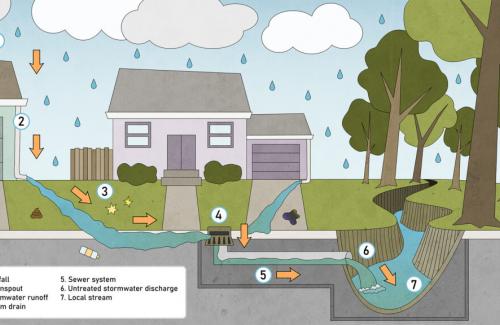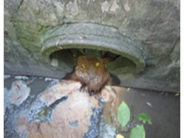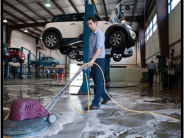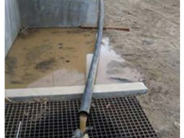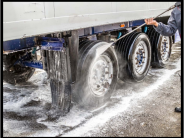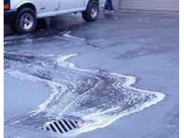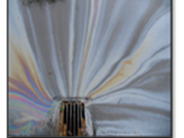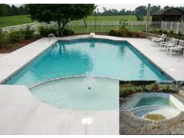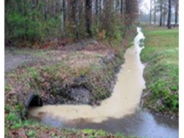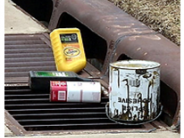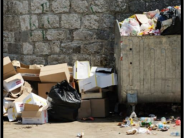Illicit Discharge Detection and Elimination
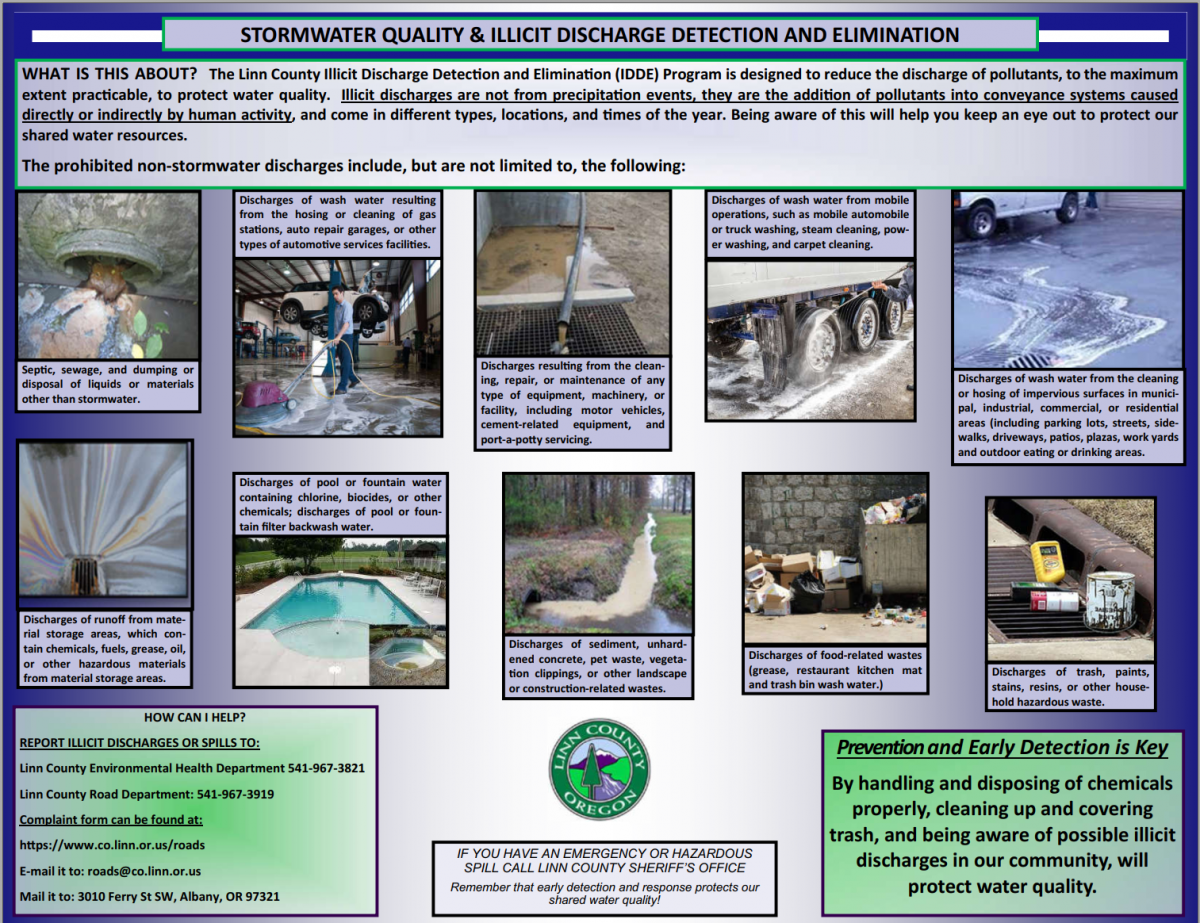
Linn County has developed, implements and will enforce an Illicit Discharge Detection and Elimination (IDDE) Program designed to reduce pollutants from entering the Municipal Separate Storm Sewer System (MS4) to the maximum extent practicable, to protect water quality and to satisfy the appropriate water quality requirement of the Clean Water Act.
The Environmental Protection Agency (EPA) and Department of Environmental Quality (DEQ) defines an illicit (or illegal) discharge as any discharge into a storm drain system that is not comprised entirely of stormwater. Illicit discharges can happen when pollutants are poured directly into a storm drain, ditch or stream, as well as when pollutants are left out on the ground and picked up by runoff.
Examples of Illicit Discharges (see flyer or images below)
- Septic, sewage, and dumping or disposal of liquids or materials other than stormwater into the MS4;
- Discharges of washwater resulting from the hosing or cleaning of gas stations, auto repair garages, or other types of automotive services facilities;
- Discharges resulting from the cleaning, repair, or maintenance of any type of equipment, machinery, or facility, including motor vehicles, cement-related equipment, and port-a-potty servicing, etc.;
- Discharges of washwater from mobile operations, such as mobile automobile or truck washing, steam cleaning, power washing, and carpet cleaning, etc.;
- Discharges of washwater from the cleaning or hosing of impervious surfaces in municipal, industrial, commercial, or residential areas (including parking lots, streets, sidewalks, driveways, patios, plazas, work yards and outdoor eating or drinking areas, etc.) where detergents are used and spills or leaks of toxic or hazardous materials have occurred (unless all spilled material has been removed);
- Discharges of runoff from material storage areas, which contain chemicals, fuels, grease, oil, or other hazardous materials from material storage areas;
- Discharges of pool or fountain water containing chlorine, biocides, or other chemicals; discharges of pool or fountain filter backwash water;
- Discharges of sediment, unhardened concrete, pet waste, vegetation clippings, or other landscape or construction-related wastes;
- Discharges of trash, paints, stains, resins, or other household hazardous wastes; and
- Discharges of food-related wastes (grease, restaurant kitchen mat and trash bin washwater, etc.).
Within the MS4 Area, Linn County has identified and will inspect all stormwater outfall locations on an annual basis to ensure pollutants are not entering waters of the United States.
PLEASE REPORT ENCOUNTERS OF ILLICIT DISCHARGES,
WHETHER ACCIDENTAL OR INTENTIONAL
You can submit a Complaint Form, or you may contact the County by phone during business hours -
8am to 5pm, Monday through Friday.
Spills or discharges adjacent to the roadway report to:
Linn County Road Department at: 541-967-3919
Spills or discharges on private land or outside of the roadway report to:
the Linn County Environmental Health Department at: 541-967-3821
After hours report to the Linn County Sheriff’s office at: 541-967-3950

